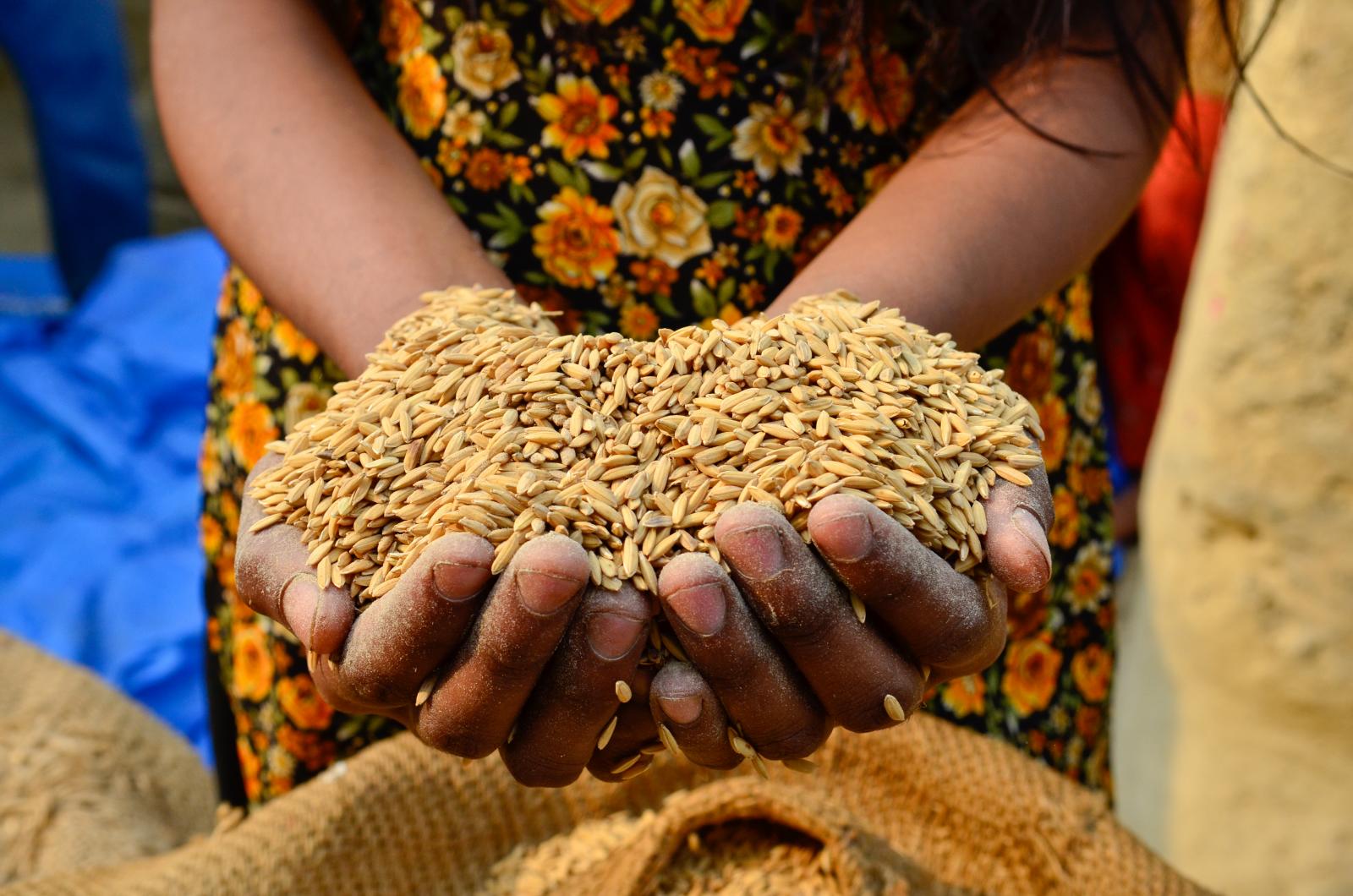Planetary Security Initiatives are increasingly moving from analysis to action. The recently agreed upon Plan of Action (POA) on Resilience in the Caribbean, is an excellent example of how regional experts developed a list with 2-do’s to tackle the climate-security nexus in this region, including sharing knowledge, action in the field of water, food and energy, strengthening existing networks on resilience and aligning existing activities.

